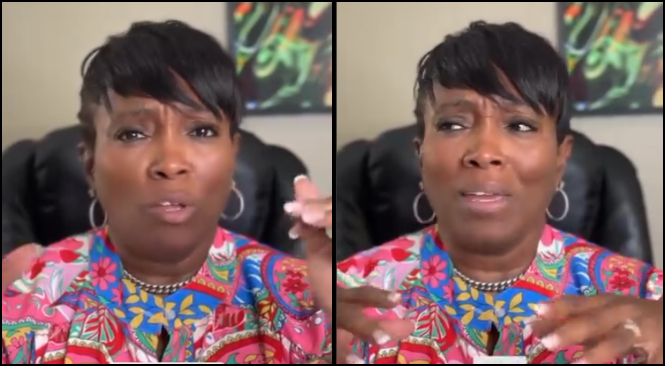Attorney Stephanie R. Lindsey, Esq., recently highlighted the dangers of over-reliance on technology in criminal investigations after successfully defending a young man wrongly accused in another state due to a flawed facial recognition match.
The case began when the client was detained during a traffic stop and informed of an outstanding warrant in another jurisdiction. Authorities alleged he had fled the scene of a hit-and-run accident, with a victim-provided photo used to identify him. Investigators claimed facial recognition technology confirmed the match.
However, Attorney Lindsey quickly uncovered exonerating evidence. Reviewing time-stamped videos and metadata, she demonstrated that her client was in Georgia at the exact time of the alleged incident hundreds of miles away.
“The evidence told a completely different story,” Lindsey explained in a post on Instagram, warning that while technology can aid law enforcement, it is not infallible.
The legal proceedings revealed that prosecutors in the other state moved forward with extradition despite glaring inconsistencies, underscoring how technological tools can amplify wrongful arrests if not balanced with careful legal scrutiny. Lindsey’s intervention ultimately prevented her client from being extradited and wrongfully prosecuted.
This case adds to a growing body of criticism around the reliability of facial recognition technology, which has been shown in multiple studies to disproportionately misidentify people of color. Legal scholars argue that while the technology can assist investigations, unchecked use without corroborating evidence undermines due process and constitutional protections.
Attorney Lindsey’s advocacy illustrates the critical role defense attorneys play in holding investigative practices accountable. The case also highlights a pressing legal debate: how courts should treat technologically derived evidence when it conflicts with verifiable documentation.

